The latest in our series of interviews with sustainability pioneers takes us back to the tropical archipelago of Indonesia.
This time, we sit down with Syukriyatun Niamah, Founder of Robries: a circular furniture company specialized in working with recycled plastic.
Now you might be thinking, “Plastic again?” But this is one of those cases where too much of a good thing is absolutely necessary.
A 2020 UNEP report identified the country as the second-largest plastic polluter after China. If you do your own googling, you may find that the stats vary slightly. But a consistent fact is that they’re claiming the yearly plastic waste generated by this single island nation is in the millions of tons.
So, let’s get to it!
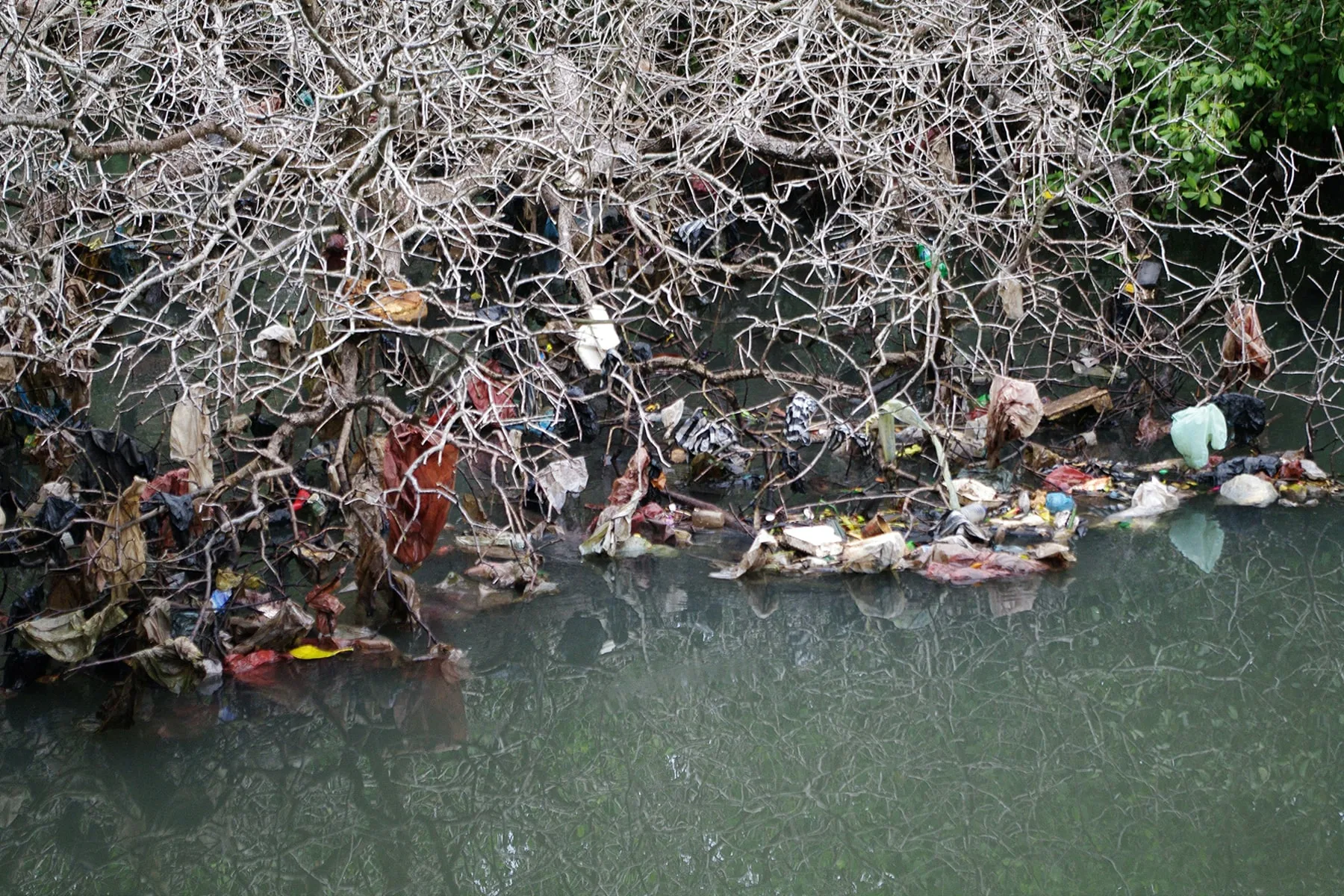
We’ll start with a simple question. Where did you get the idea to start Robries?
The idea of Robries came from my father. He was a teacher and a coach in the school adventure community.
When I was a kid, I often joined him to go camping, climbing, etc. That younger me was amazed by Indonesian nature. But when I went back to those places 20 years later, I found a lot of plastic waste everywhere. I kept asking people around me why they don’t care about plastic waste.
They would ask me back, “What is the impact if [we] care?” Where will those pieces of trash go after they collect the plastic?
It didn’t seem cool and valuable to care about plastic waste.
You could’ve gone into new materials development or worked with natural resources instead. Why did you choose to focus on recycled plastic?
Indonesia has a big plastic waste issue. We don’t have a waste management system to recycle our waste, and even people aren’t totally aware about the problem.
Since my background is in product design, I saw an opportunity considering the properties of plastic itself. It’s versatile, flexible, colorful, yet durable. So I started an experiment, turning plastic waste material into something new.
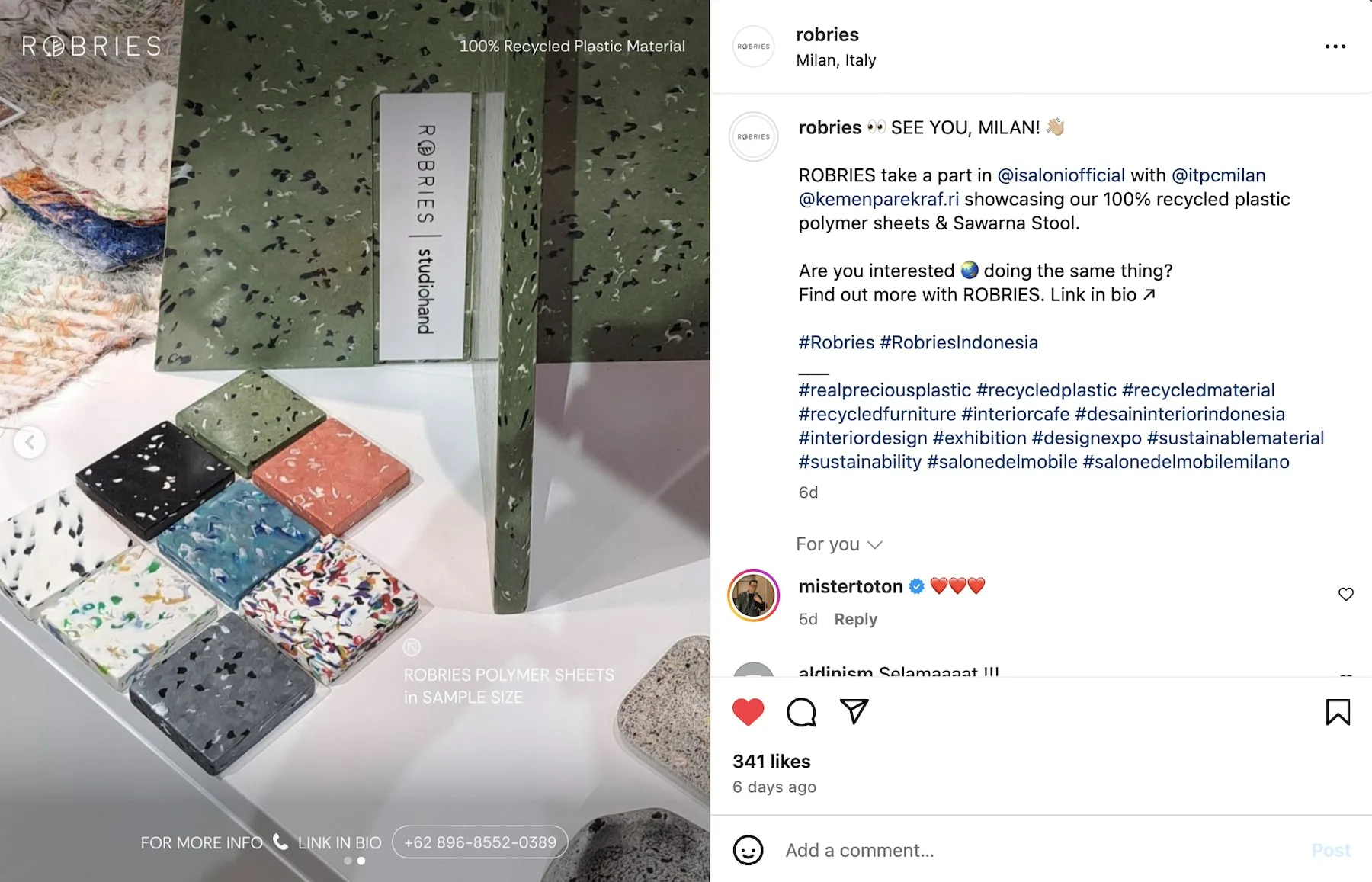
Robries is still young. The company was just founded in 2018. What milestones stand out to you in the last five years?
In the last five years, we kept doubling growth annually. In 2023, we grew by more than 2.5 times. We are able to serve not only the Indonesian market, but also the global market – Singapore, Malaysia, Australia, Europe, and the US.
What is most meaningful for me is seeing behavioral changes in our customers, the people around me, and even the community in Indonesia. Some coffee shops started reducing their waste and they collect their plastic waste to be recycled with us. My family and friends have started bringing their own reusable bottles/bags and are proudly showing me that they separate their waste at home.
We read somewhere that you’ve worked with over 600 brands. What project has been the most memorable for you?
First, was the School of Tomorrow with creative agency Kinetic in Singapore Design Week 2023. Second, our Space Available partnership and collaboration with South Korean DJ Peggy Gou. Third, Kopi Nako Daur Baur at Senayan Park. It’s not only a project, but a collaboration in branding with us – and others – that was very impressive. The commitment from Nako to collect their waste is also something that connects with the younger generation of Indonesians.
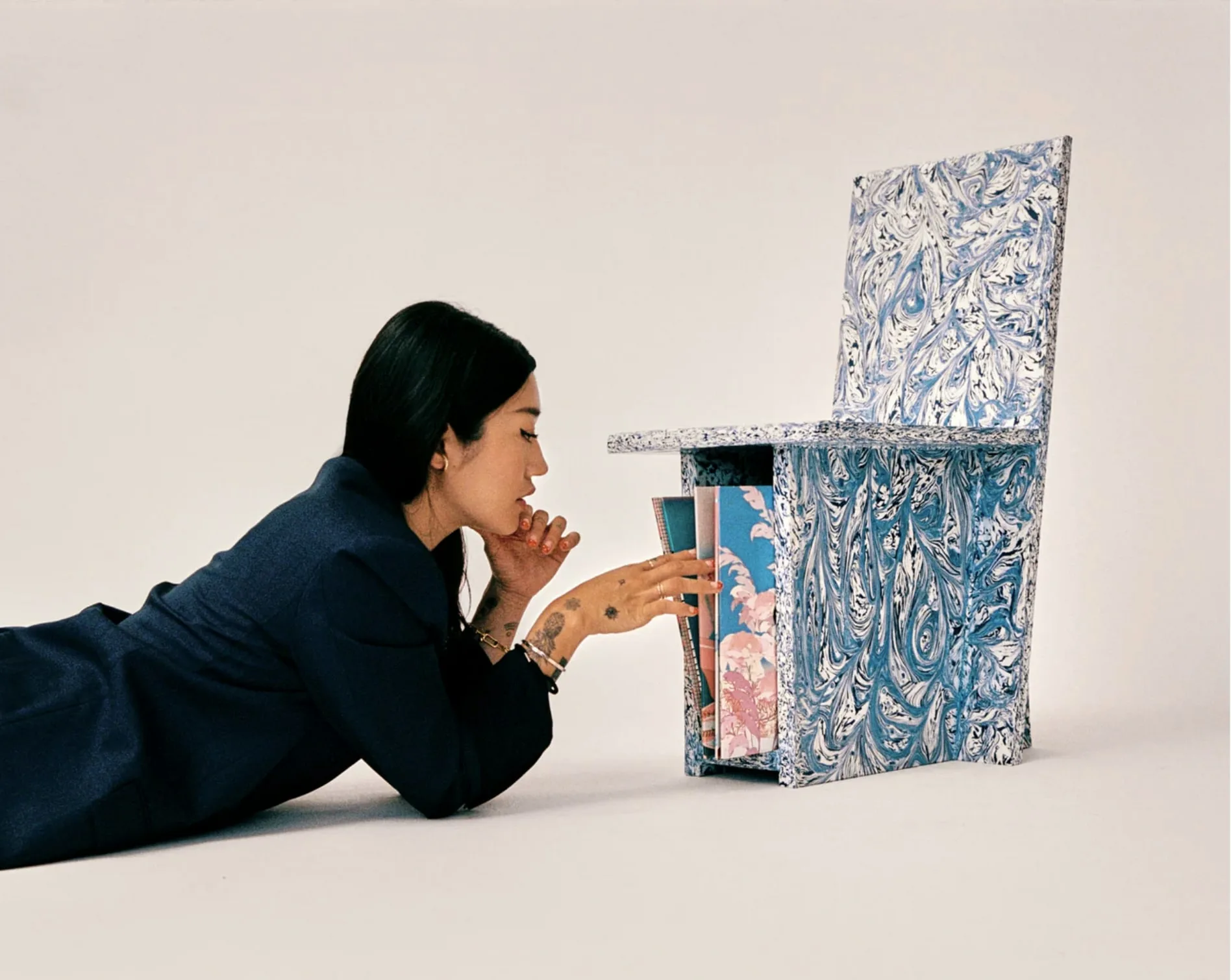
Another to mention is our campaign #Foresponsible with Fore Coffee, not only in Indonesia but also in Fore Singapore.
We saw this feature that talks about the financial value that recycling plastic has brought to your business. What do you think has been the key to your success?
I think what makes our business grow is the way we serve our customers and how we lead sustainable furniture innovation. That, and of course our furnishings look pretty tasteful despite being sourced from plastic!
Sustainability can be a tricky concept to define and we always ask our interviewees to attempt to pin it down. What’s your definition?
Sustainability for me is about balance. Live, behave, and consume in a state of balance and a cycle – just like our earth.
Have you thought about the next stage of the product lifecycle? What happens to the furniture once it’s “done” being used?
We already have one customer who “finished” using our furniture because they closed their cafe during the last pandemic. So we did a buyback since the condition was still fine.
We refined it and sold it again at a discount. Another thing that we do for our offcuts is that we recycle them again for a new special pattern.
What are some of the most exciting sustainable brands or businesses that you’re following at the moment?
Currently, I like to look at Patagonia and some friends’ brands:
- Pable: a fabric recycler that offers waste management services and programs
- Dusdukduk: a creative company that upcycles cardboard into furniture and more
What advice do you have for regular people who want to reduce the presence of single-use plastics in their everyday lives?
Everyone needs to use plastic wisely. And that’s required not only for plastic, but for all materials. Think twice before using something, and also think about post-consumption: what you will do and where it will go.
Where would you like Robries to be a year from now?
I hope Robries can be recognized and have more customers – not only in Indonesia but globally. We want to inspire people all over to live sustainably, too.
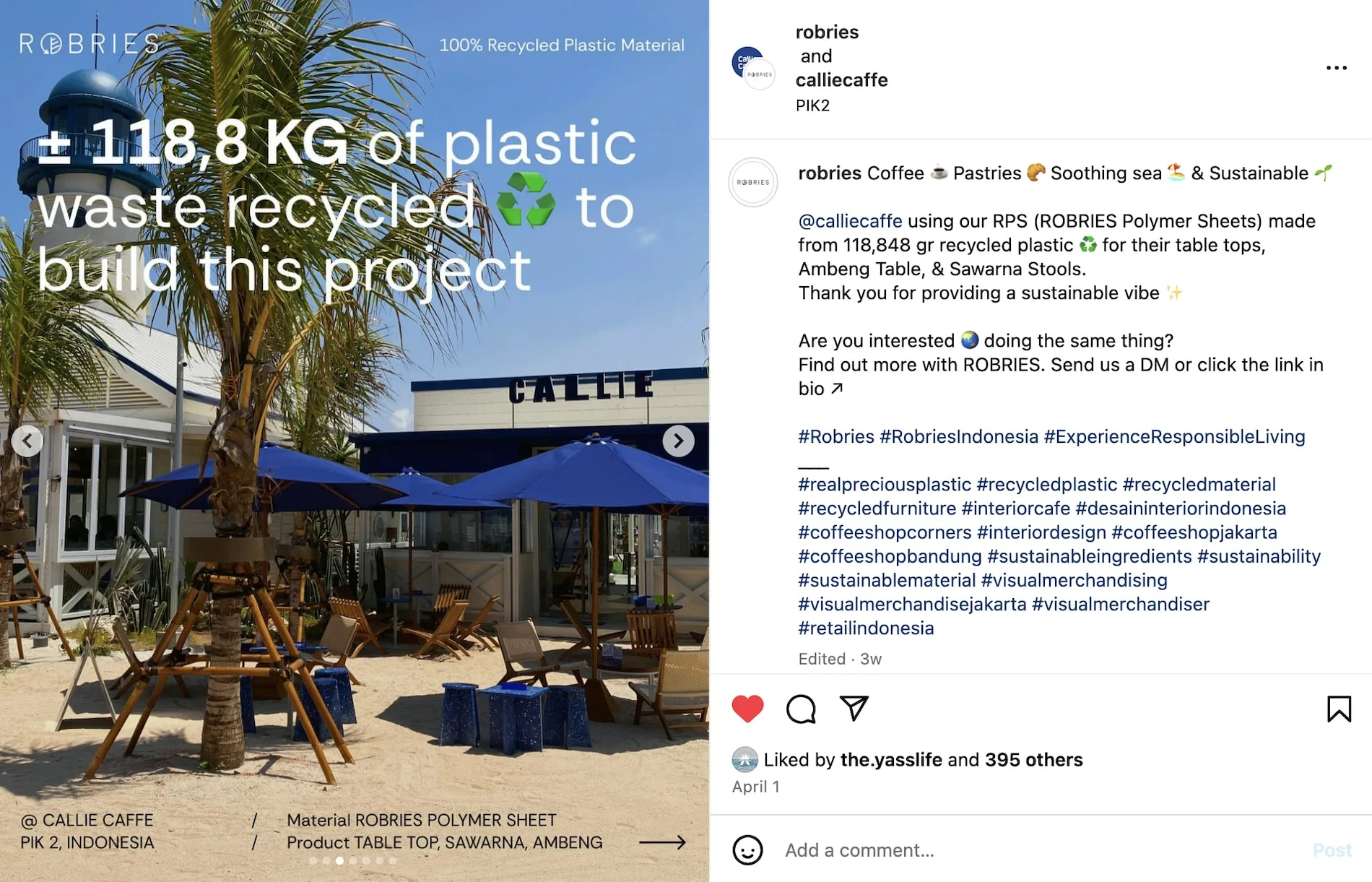
If you’re interested in seeing more of Robries’ work, go ahead and scroll through their Instagram. If you’re a business making a positive impact on the planet or a community, get in touch with Akepa and let us help spread your word!
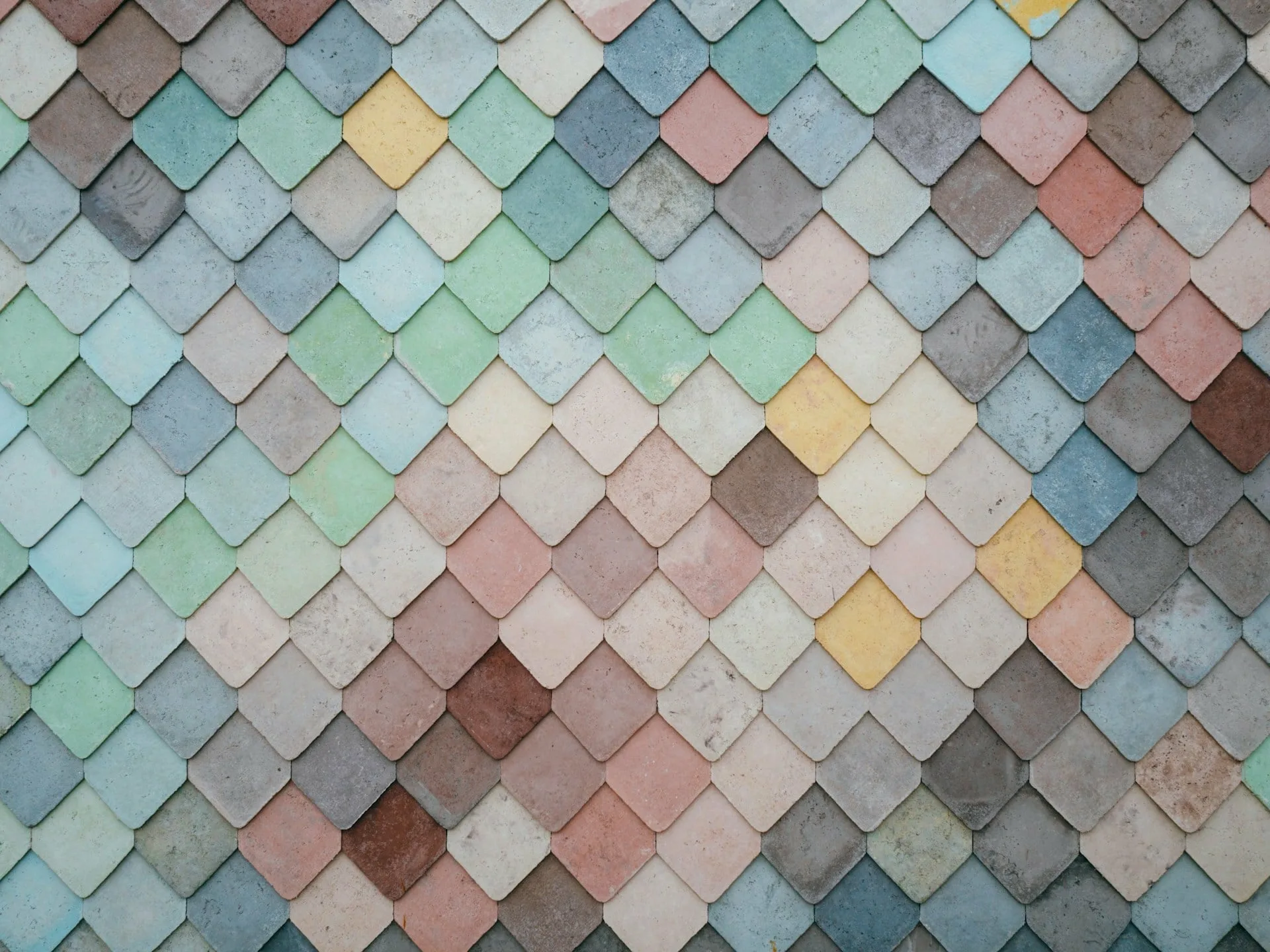
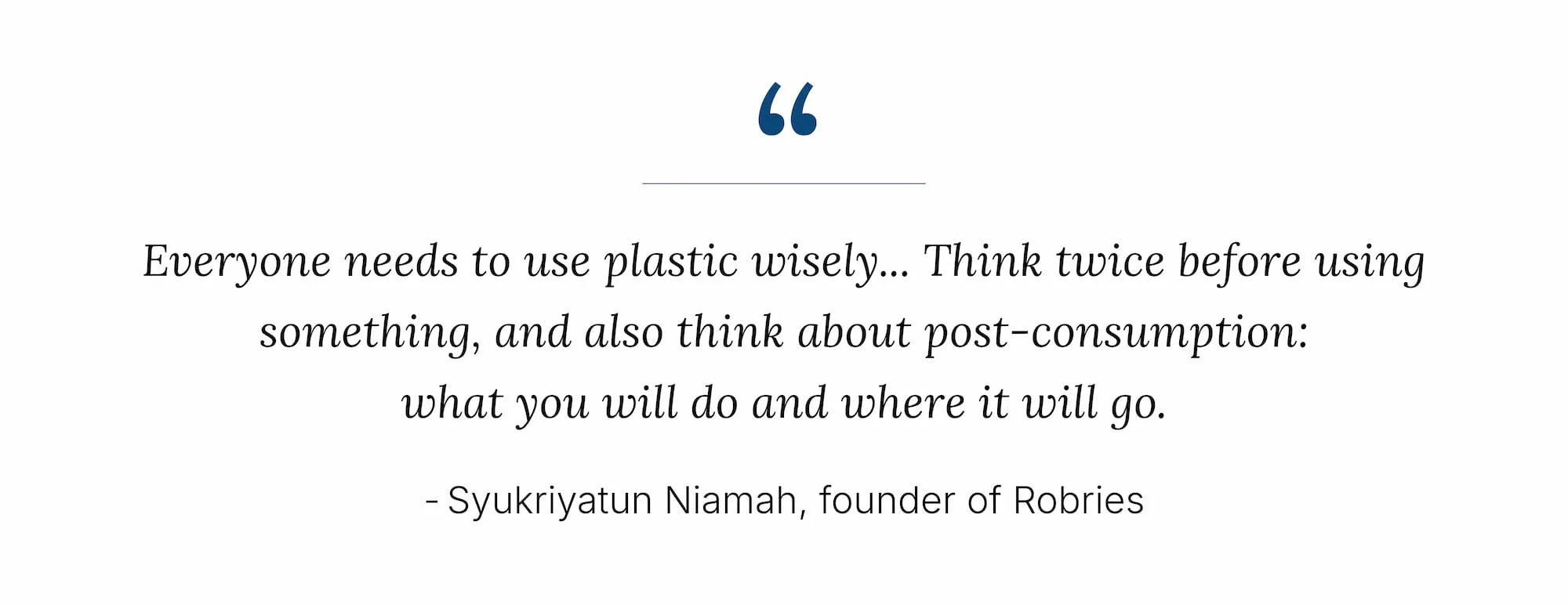
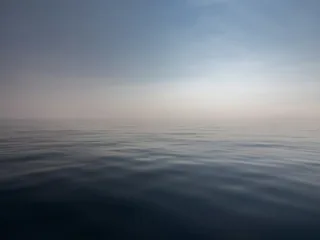

Leave a Reply